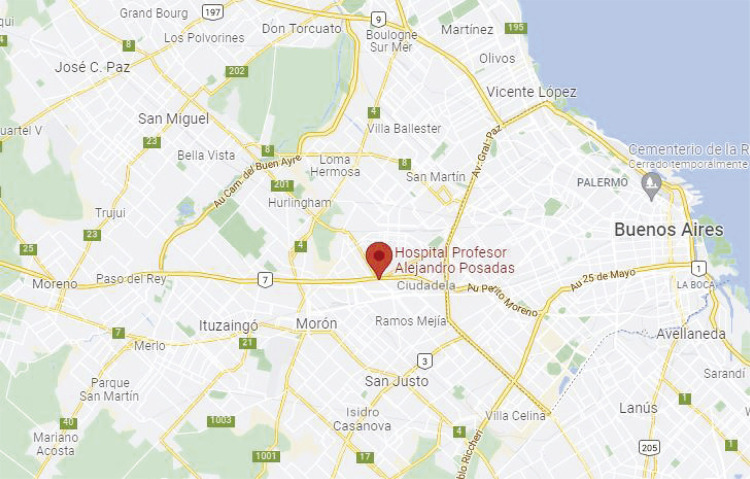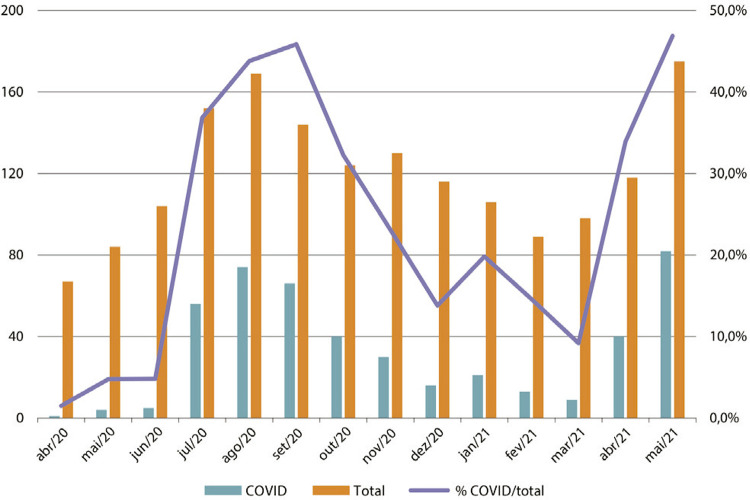[The aftermath of the pandemic in a hospital: covid-19 and death in Buenos Aires, Argentina].
IF 0.3
4区 哲学
Q3 HISTORY & PHILOSOPHY OF SCIENCE
Historia, ciencias, saude--Manguinhos
Pub Date : 2023-09-18
eCollection Date: 2023-01-01
DOI:10.1590/S0104-59702023000100048
引用次数: 0
Abstract
The article explores the mutations in the practices of health professionals in the context of covid-19. It focuses on "the covid area" of a hospital in the province of Buenos Aires, Argentina, seeking to know the rearrangement of hospital space and routines, and the ways of communicating death. In a short period of time, adjustments in professional practices and attempts at new routines and rituals are observed. In the doctor/patient relationship and in the way of communicating a death, both "exceptional" actions (which violate routines) and attempts to recover care techniques linked to the paradigm of humanized medicine are condensed.


[大流行在医院的后果:新冠肺炎和阿根廷布宜诺斯艾利斯的死亡]。
文章探讨了新冠肺炎背景下卫生专业人员实践中的突变。它聚焦于阿根廷布宜诺斯艾利斯省一家医院的“新冠肺炎地区”,试图了解医院空间和常规的重新安排,以及沟通死亡的方式。在短时间内,可以观察到专业实践的调整以及对新惯例和仪式的尝试。在医生/患者关系和沟通死亡的方式中,“特殊”行为(违反常规)和恢复与人性化医学范式相关的护理技术的尝试都被浓缩了。
本文章由计算机程序翻译,如有差异,请以英文原文为准。
求助全文
约1分钟内获得全文
求助全文
来源期刊

Historia, ciencias, saude--Manguinhos
HISTORY & PHILOSOPHY OF SCIENCE-
CiteScore
0.70
自引率
25.00%
发文量
87
审稿时长
53 weeks
 求助内容:
求助内容: 应助结果提醒方式:
应助结果提醒方式:


